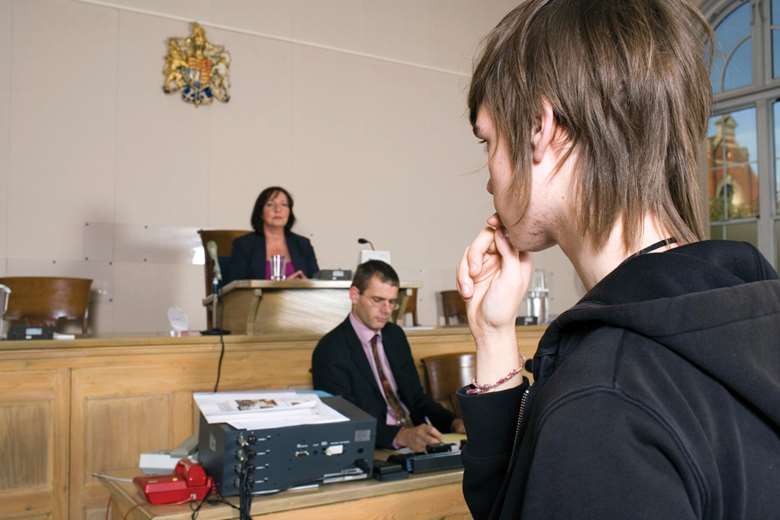Magistrates to oversee community supervision of young offenders
Joe Lepper
Wednesday, March 26, 2014
Magistrates are to be handed new powers to manage the rehabilitation of young offenders.

The move is part of provisions in the Offender Rehabilitation Act (2014) and will bring in one-year community supervision for first-time offenders who are in custody for less than 12 months.
The government hopes that increasing the length of time young offenders who turn 18 during their sentence are supervised in the community will cut reoffending. But youth justice campaigners fear it will have the opposite effect.
As part of the new powers magistrates will be expected to play a greater role in supporting the resettlement of young offenders and to give talks in schools and youth clubs on their role.
In announcing the new powers justice minister Damien Green said: “We must make sure that the role of magistrates continues to reflect modern society and we use their expertise to address stubbornly high reoffending rates. This new power will mean magistrates can help us respond quickly to offenders who breach their supervision conditions and help keep them on the straight and narrow.”
The move has been welcomed by the Magistrates Association’s deputy chairman John Bache, who says he shares “the government's concern over the high rates of reoffending, particularly amongst children and young people”.
He added: “We hope that the knowledge that a magistrate is keeping a watchful eye on their progress will encourage children and young people to stay on the straight and narrow and resist the temptation to reoffend.”
Under the new powers magistrates can send offenders who do not comply with supervision requirements back to custody for up to a fortnight. Typical supervision requirements could be attending drug or alcohol rehabilitation or training programmes. Other sanctions include fines and curfews with electronic tags.
However, Penelope Gibbs, chair of the Standing Committee for Youth Justice, fears young offenders may not benefit from the new powers.
She said: “Young people find it particularly hard to keep to appointments and abide by curfews. Under this new legislation, they could be in and out of prison, not because they have committed any further offences, but because they have breached their supervision conditions."
The plans for one-year community supervision were first unveiled in the Queen's Speech last May.




